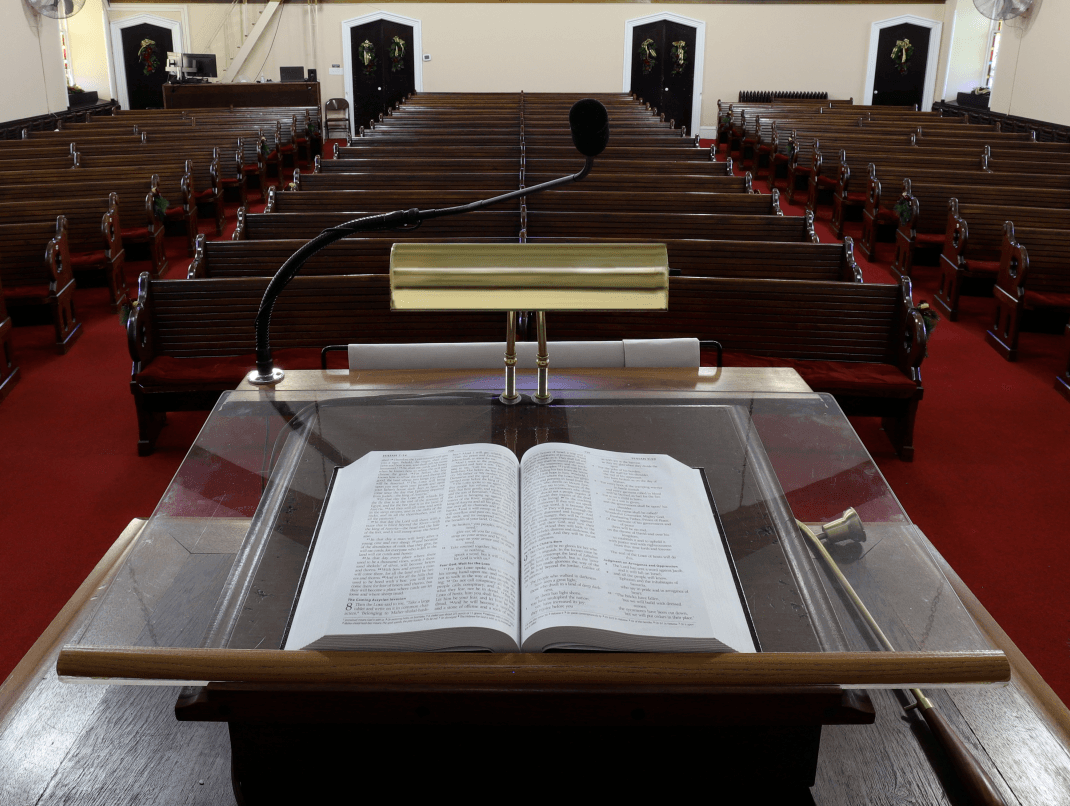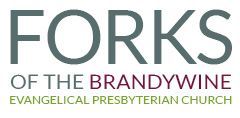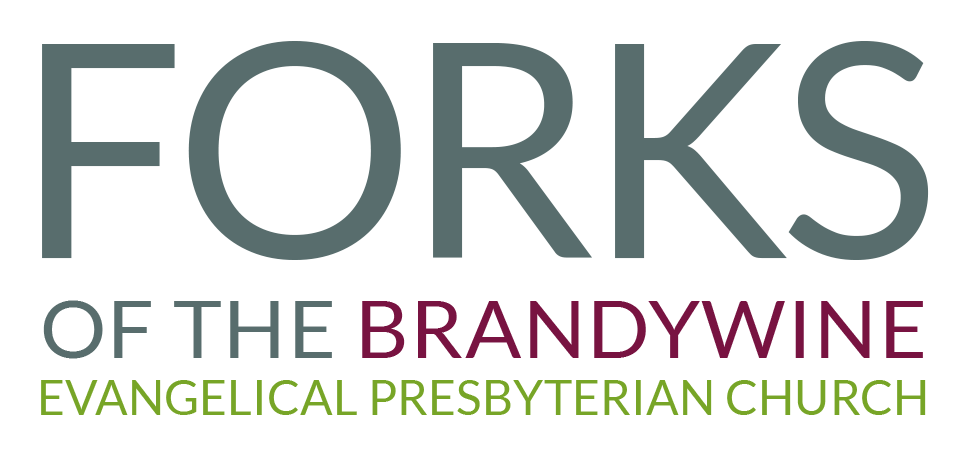How do we know the Bible is God's Word?
The Work of The Holy Spirit
Has anyone ever challenged your faith that the Bible is God’s word? Have you ever encountered something that shook your confidence in Scripture? How do any of us really know that the Bible is what Christianity has historically said it is? Our Puritan forefathers who produced the Westminster Confession of Faith tackled this issue in the very first chapter of the Confession. They understood that the Bible is the epistemological foundation of the Christian faith, and they set out their doctrine of Scripture right up front. It is the source from which everything else in the Confession is derived. So what did they say about how we know the Bible is God’s word?
First of all, they acknowledged the need for apologetics, i.e., the rational defense of the faith against objections from skeptics and unbelievers. There is a place for addressing people’s intellectual difficulties with evidence, arguments, and scholarship. Indeed, the evidence for the Bible’s divine inspiration is abundant. The Confession says this evidence gives us “arguments whereby it doth abundantly evidence itself to be the Word of God” (I.5) However, they also recognized that apologetics and scholarship can never serve as the ultimate basis for our undoubted assurance in Scripture. There is always room for lingering doubt and skepticism if all we have is our own fallible judgment. Apologetics is helpful and necessary, but it cannot be the ultimate foundation of our assurance that the Bible is God’s word. So the Westminster Puritans go on to say, “Our full persuasion and assurance of the infallible truth and divine authority thereof, is from the inward work of the Holy Spirit bearing witness by and with the Word in our hearts” (I.5). You see, it is the office and work of the Holy Spirit to effectually persuade us that the Bible is God’s word.
The Holy Spirit does this work only when we read the Bible. This is an all-important point. The Spirit does not bypass the Bible. The Spirit never sheathes his sword. So do not seek assurance about the Bible outside the Bible. When we read the Bible, the Spirit opens and enlightens our hearts and minds, and we are filled with the unshakable conviction that the Bible is God speaking. The Holy Spirit enables us to hear the voice of the Good Shepherd speaking through the pages to us. As Jesus says, “My sheep hear my voice, and I know them, and they follow me” (John 10:27). He also says, “The Spirit of truth . . . will guide you into all truth” (John 16:13). The Westminster Puritans experienced the truth of this doctrine for themselves, but they learned how to teach it from John Calvin. Calvin says,
“Let it therefore be held as fixed, that those who are inwardly taught by the Holy Spirit acquiesce implicitly; that Scripture carrying its own evidence along with it, deigns not to submit to proofs and arguments, but owes the full conviction with which we ought to receive it to the testimony of the Spirit. Enlightened by him, we no longer believe, either on our own judgment or that of others, that the Scriptures are from God; but, in a way superior to human judgment, feel perfectly assured—as much so as if we beheld the divine image impressed upon it—that it came to us, by the instrumentality of men, from the mouth of God. . . . I say nothing more than every believer experiences in himself, though my words fall far short of the reality” (Institutes of the Christian Religion 1.7.5).
If you struggle to accept that the Bible is God’s word, I encourage you to go to your Bible, praying for the inner witness of the Holy Spirit, and listen for the voice of the Good Shepherd.
Grace and peace,
Pastor Wesley
The Pastor's Pen





